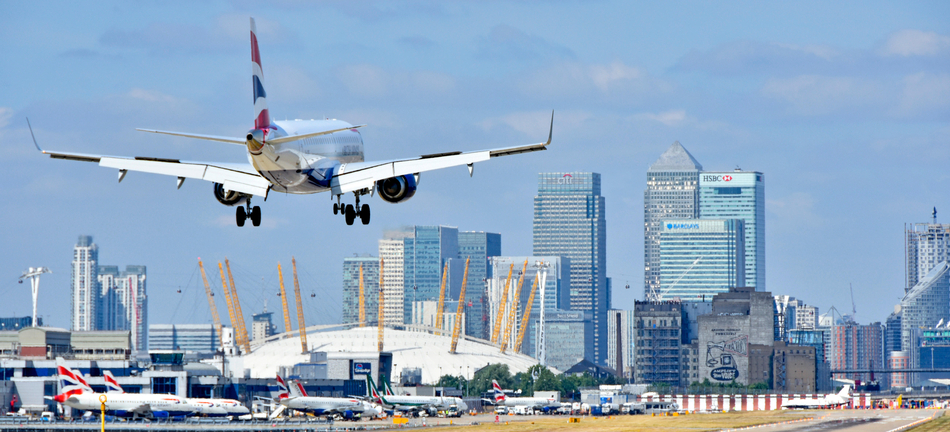Aviation must be incorporated in future pandemic resilience planning to provide travellers and the industry with predictability and transparency, warn MPs.
In their new report, UK aviation: reform for take-off, parliament’s transport committee sets out positive actions for the government to support the recovery and development of the sector following the coronavirus pandemic.
The report concludes that the government’s restrictions on air travel throughout the pandemic were disproportionate to the risks to public health, causing a severe financial shock to the sector. The decision-making process was not transparent or consistent, nor based on scientific consensus.
The arbitrary nature of fifteen different changes to restrictions imposed on travellers also left them struggling to navigate a confusing “traffic light” system, access affordable testing and secure refunds.


The report urged the government to set up an international travel toolkit based on the principles of transparency and proportionate action. MPs argue that international travel restrictions must be evidenced by the advice and analysis used by ministers to impose restrictions, considering public health and economic factors. A global taskforce promoting the standardisation of the remaining international travel requirements should be convened.
Today’s report urges the government to publish its aviation recovery plan no later than 1 June 2022, and introduce an Airline Insolvency Bill in the next Session of Parliament, to better protect consumers, employees and taxpayers.
- MPs also argue that the powers of the Civil Aviation Authority be beefed up, allowing them to impose financial penalties on airlines that do not refund customers when required.
In April 2022, airport passenger numbers increased to their highest since the start of the pandemic, putting pressure on the sector during the Easter holidays. The committee is critical of government attempts to lay the blame on an aviation sector decimated by restrictions and a lack of certainty offered by ministers.
The government is also urged to review the processes related to the timely recruitment and training of staff.
Transport committee chair Huw Merriman MP, said: “In the face of a global pandemic, today’s report acknowledges the difficult position faced by government. However, government action was inconsistent. It left industry and passengers confused and unable to plan ahead. This resulted in a severe economic deficit for the aviation sector. Thousands of people lost their jobs. Many more could not visit their loved ones. England’s coronavirus restrictions on international travel were imposed with no overall assessment of their impact – a point underlined by the recent report from the National Audit Office.
“Now that government has removed all coronavirus-related restrictions on international travel, ministers must get on with protecting the sector against future economic shocks and reassuring passengers that future restrictions will only be implemented in extreme circumstances. Legislation is urgently needed to give the industry more flexibility to recruit new staff for the summer, to give the regulator more teeth to intervene on behalf of consumers and to provide protection from airline insolvencies.
“Today we set out sensible recommendations with the aim of helping government to achieve this. Above all, we want ministers to be transparent with industry and passengers. Over Easter, we witnessed a sector in the early stages of recovery and vulnerable to disruption. The increase in demand is encouraging but a sustained and supportive approach from government is vital to nurse the sector back to recovery.”
A Department for Transport spokesperson has hit back at the committee’s findings, stating: “Our priority was protecting public health, and these measures bought vital time for the rollout of our successful booster programme as we responded to new and concerning variants.
“But we also ensured they were in place for no longer than absolutely necessary, and the UK was the first country in the G7 to remove all travel restrictions.
“In future, the government’s default approach will be to use the least stringent measures, to minimise the impact on travel as far as possible and these will only be implemented in extreme circumstances.”












